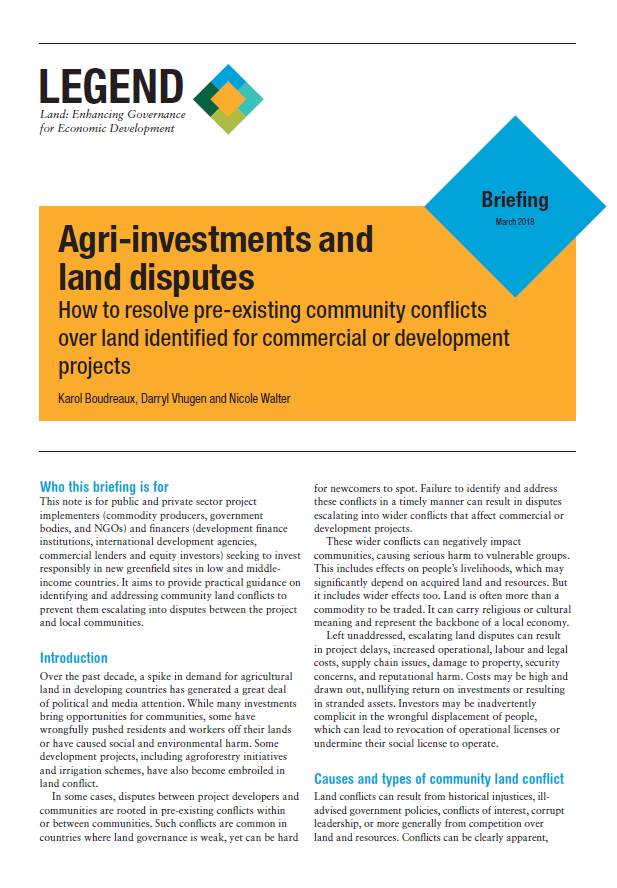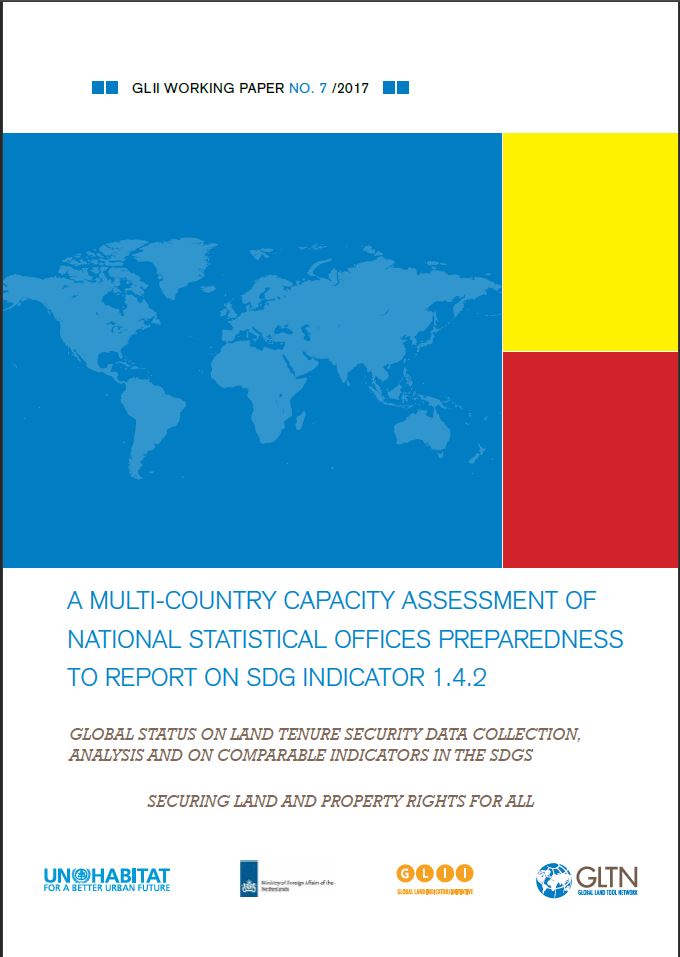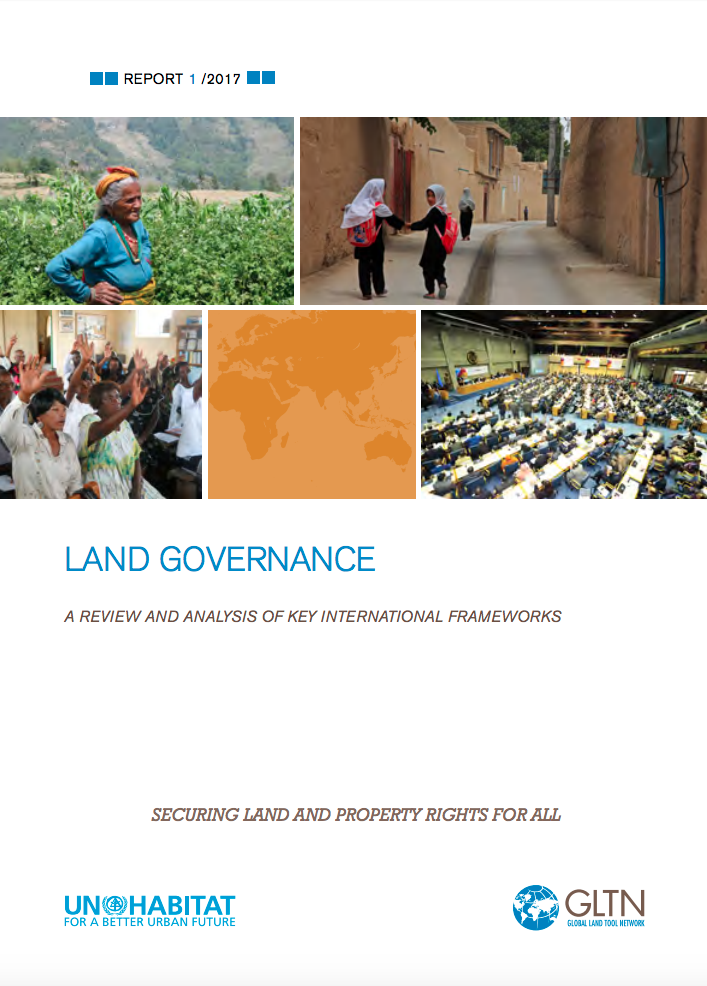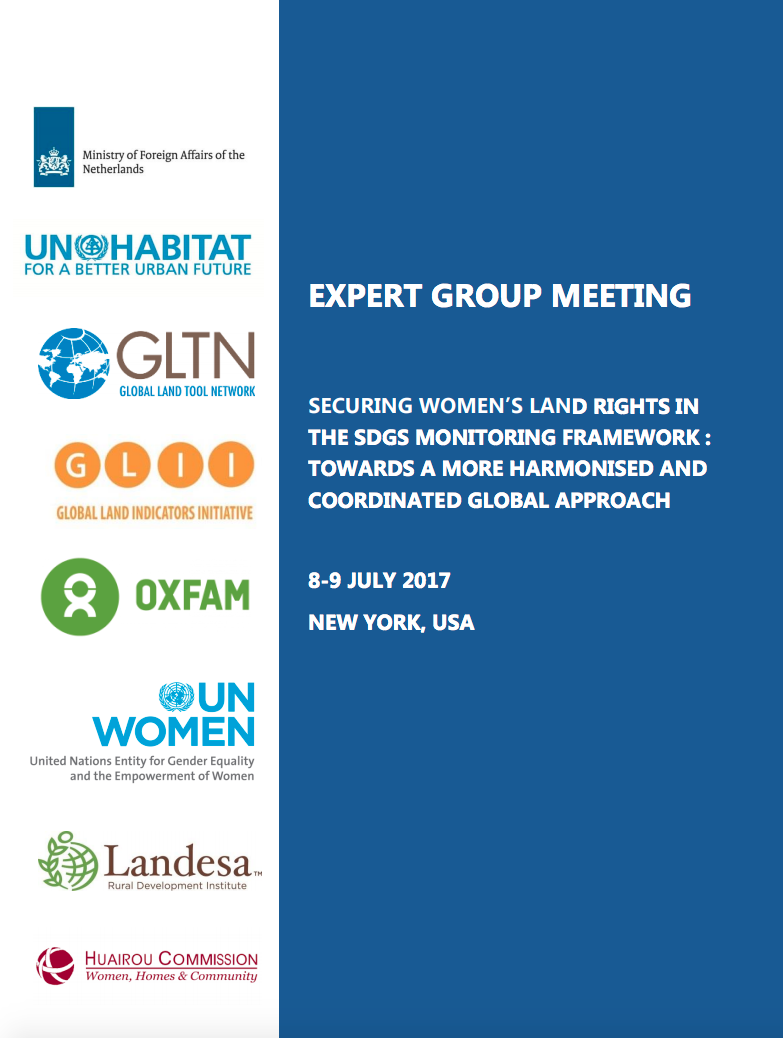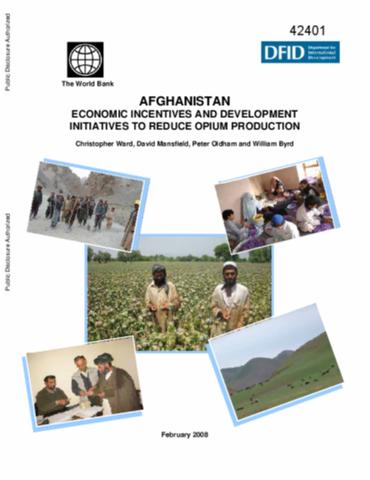Progress Report on West Africa LandNet Activities December 2000
Contains objectives of West Africa LandNet and its activities since the Addis Ababa meeting in January 2000. Lists activities in Burkina Faso, Senegal, Nigeria, Togo, Mali and Guinea. Discusses communication problems and main lessons from the interim phase.



